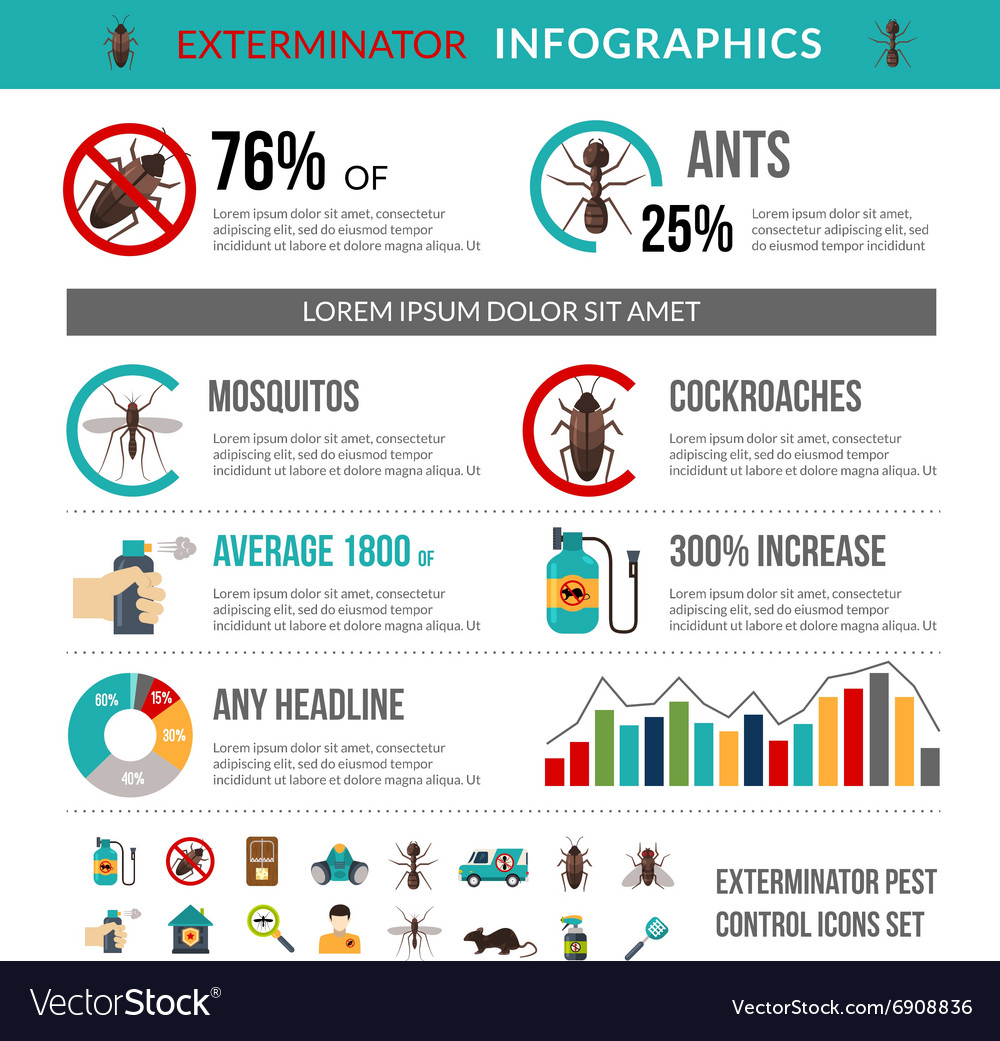Pest-Proofing Your Garden: Tips For Keeping Outside Bugs At Bay
Pest-Proofing Your Garden: Tips For Keeping Outside Bugs At Bay
Blog Article
Developed By-Gupta Medeiros
Envision your yard as a shelter, a location of harmony and elegance. However, the visibility of outside parasites can promptly interrupt this picturesque photo. What happens if there were easy yet efficient means to maintain these unwanted site visitors at bay and shield your yard sanctuary? By complying with fruit fly exterminator and implementing all-natural strategies, you can develop an unified exterior area where your plants can thrive undisturbed.
Natural Insect Deterrents
To maintain pests far from your garden naturally, plant aromatic natural herbs like mint and lavender. These aromatic plants not only add beauty to your yard but additionally function as efficient pest deterrents. Insects like mosquitoes, flies, and also some garden-damaging pests are repelled by the strong fragrances given off by these natural herbs. Simply placing them strategically around your garden can assist create an all-natural obstacle against undesirable pests.
Along with https://raccoon-removal-under-dec59483.newbigblog.com/32950656/observe-the-conflict-between-a-venerable-structure-and-a-sneaky-termite-menace-as-professionals-disclose-innovative-strategies-to-secure-its-heritage and lavender, think about planting other herbs like rosemary, basil, and lemongrass to even more improve your yard's pest-proofing capabilities. These natural herbs not just work as all-natural repellents but also have the added advantage of working in food preparation or crafting self-made remedies.
Strategic Plant Positioning
Think about the design of your yard and the sorts of plants you have to strategically place them for optimum pest-proofing effectiveness.
Start by grouping plants with similar resistance to insects with each other. By doing best treatment for subterranean termites , you can develop a natural barrier that prevents parasites from spreading out throughout your yard.
In addition, placing pest-repelling plants like marigolds, lavender, or mint near more susceptible plants can help shield them. Tall plants, such as sunflowers or corn, can work as a shield for shorter plants versus parasites like rabbits or ground-dwelling bugs.
link web page in mind to leave adequate area in between plants to boost air circulation and lower the risk of conditions that pests may bring.
In addition, take into consideration growing strong-smelling herbs like rosemary or basil near vulnerable plants to confuse pests' senses and make it harder for them to situate their targets.
Reliable Parasite Control Approaches
For combating garden bugs properly, applying a multi-faceted bug control strategy is necessary. Beginning by motivating all-natural predators like birds, ladybugs, and praying mantises to help keep parasite populations in check. Presenting plants that draw in these beneficial pests can aid in pest control. Furthermore, exercising excellent garden hygiene by eliminating particles and weeds where parasites may conceal can make your yard less friendly to unwanted visitors.
Consider making use of physical barriers such as row cover textiles or netting to protect at risk plants from parasites like caterpillars and birds. Using natural pesticides like neem oil or insecticidal soap can additionally be effective versus specific pests while being much less harmful to valuable pests and the atmosphere. It's crucial to revolve your plants each period to avoid the accumulation of pest populations that target specific plants.
Consistently evaluate your plants for indicators of bug damage so you can take action quickly. By integrating these techniques and staying cautious, you can successfully regulate yard pests and take pleasure in a successful, pest-free yard.
Final thought
So, there you have it - with the best techniques, you can maintain pesky exterior pests away from your yard and help your plants grow.
Did you know that growing mint has been shown to push back insects and other bugs, lowering the demand for unsafe chemicals by as much as 60%?
By incorporating natural deterrents and clever planting methods, you can create a stunning and pest-resistant garden oasis for you to take pleasure in.
